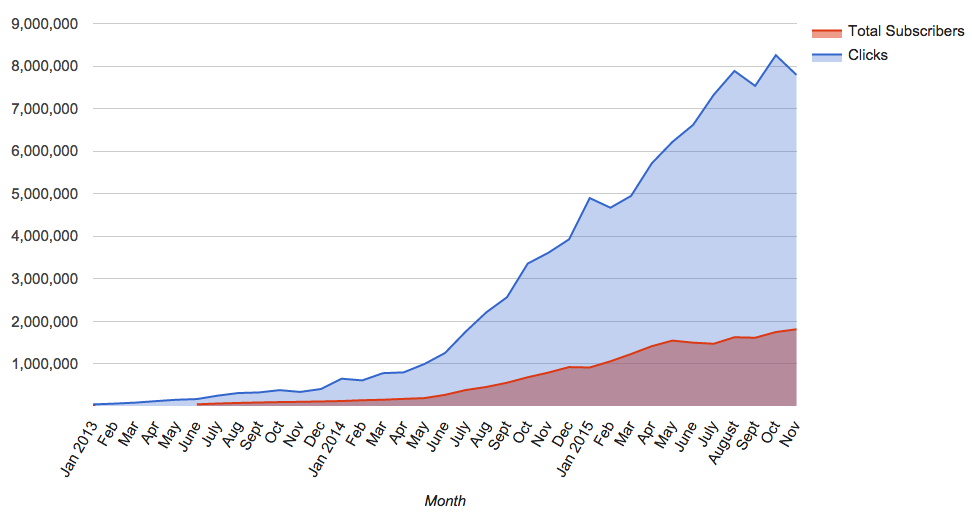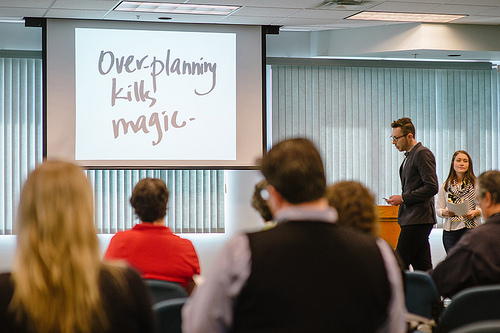It’s January, and you’re two weeks into your New Year’s resolution, so let’s talk about goals for a second.
I love New Year’s resolutions. I think they’re a wonderful way to set ambitious goals for the year ahead. And if they’re matched with a change in habits, they can actually lead to some incredible changes in your life.
But most of all, I love when someone sets a New Year’s resolution that’s also a “reach goal.”
What’s a reach goal? It’s any type of goal that can’t be achieved without extraordinary effort. It’s a goal that you set knowing that you may try your hardest — and still come up short.
The difference between an ordinary goal and a reach goal is huge. An ordinary goal might be to say, “I want to write more this year.” But with a reach goal, you’d pledge something bigger: “I want to write 1,000 words a day this year!” The goal is both concrete and ambitious. With a reach goal, you set the bar well beyond your ordinary limits — and then find out how far you can actually go.
Sally and I set a few goals for ourselves this year. We want to bring our lunch to work more often, and we want to dedicate 30 minutes every Sunday to clean the house. Those are goals we can definitely achieve.
But we also set a reach goal for ourselves: Together, we want to run 1,000 combined miles this year.
I like running. But I’ve never run 500 miles in a year. I’m the kind of runner who might run 20 minutes on the treadmill every week, or run a 5k every now and again. In my best year, maybe I’ve run 250 miles. So to run 500 miles, I’m going to have to log some serious miles every single week.
It’s going to be a lot. I don’t know if I’m going to get there. But that’s besides the point: I’ve decided to push myself to do something that I don’t know if I can do, and I’m excited to see how far and how hard I can go.
———
That photo of an actual goal comes via Flickr user Al King and Creative Commons.








